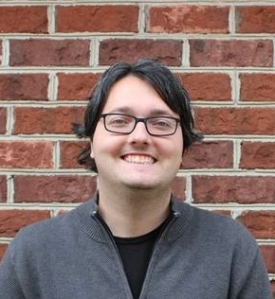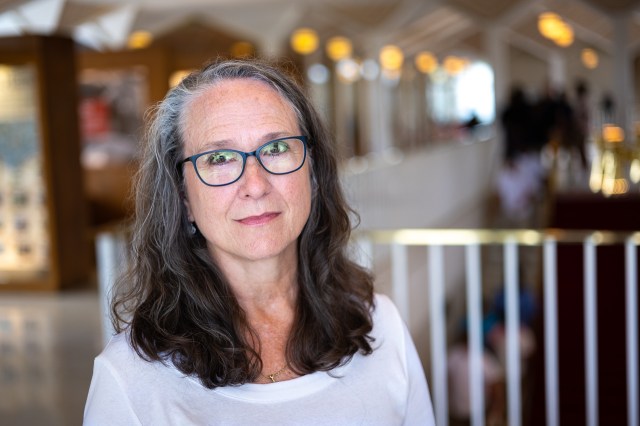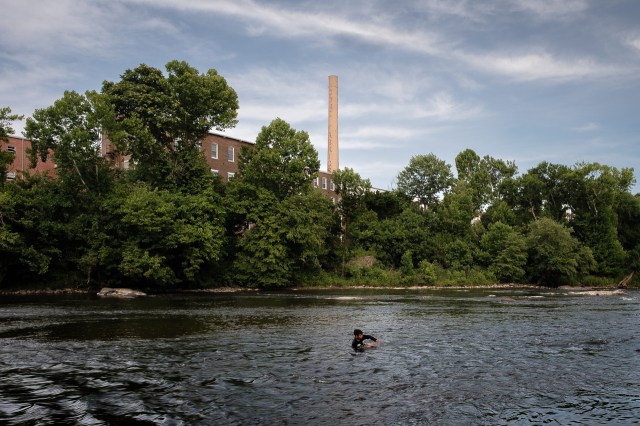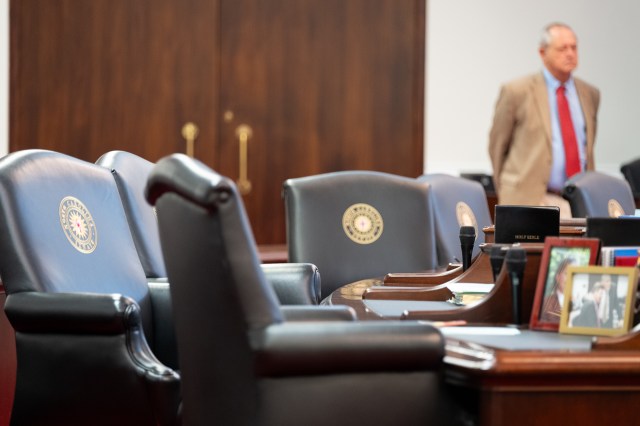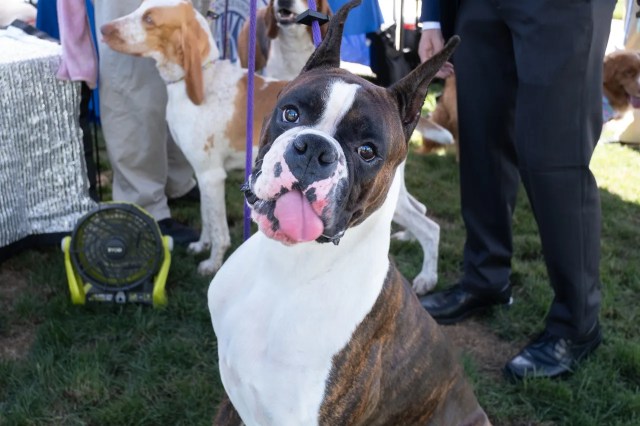Stay ahead of the curve as a political insider with deep policy analysis, daily briefings and policy-shaping tools.
Request a DemoMending the divide: Institute shapes future North Carolina leaders
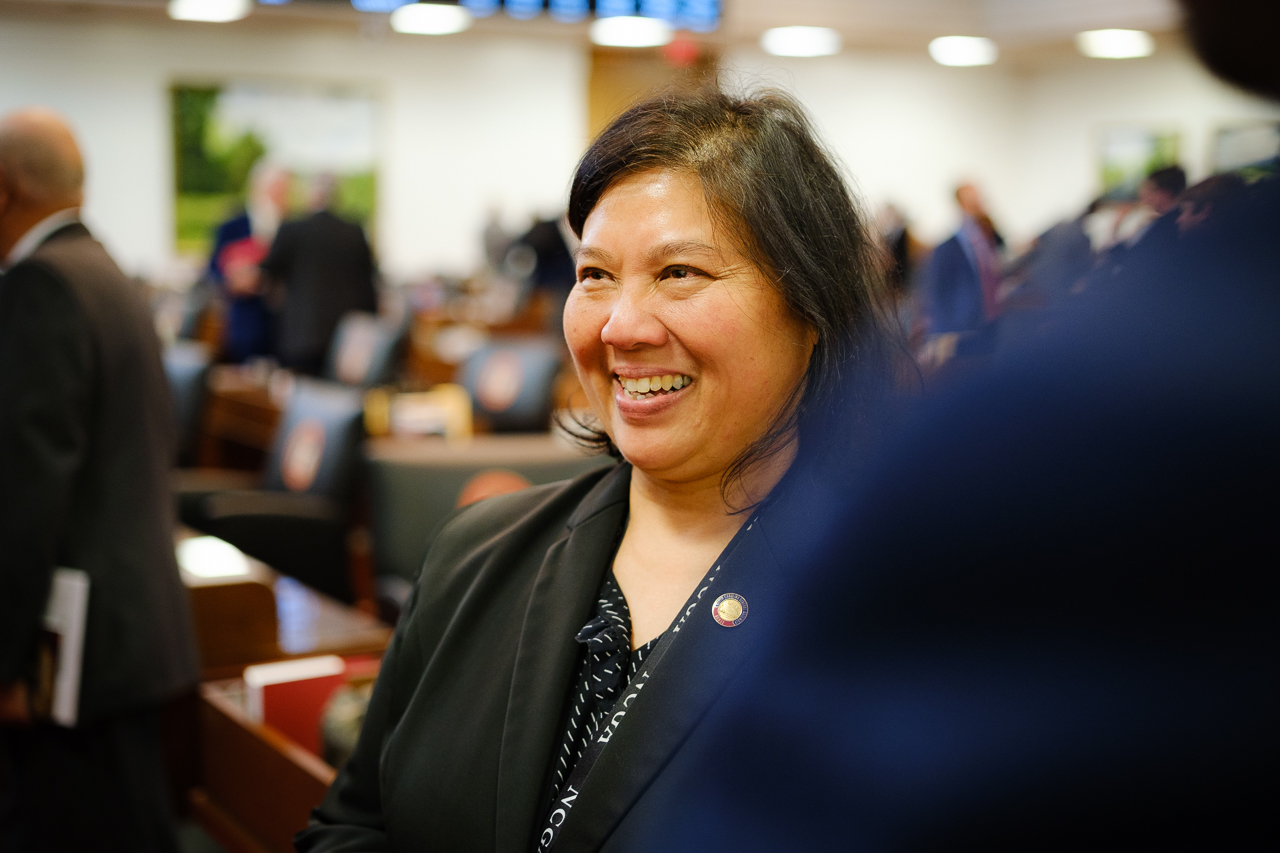
“You can be able to serve people and you may personally have ideology. I’m strong as a Democrat; at the same time, I really try to listen and [maintain] balance. I always have the commitment of serving the people I represent.” —Rep. Maria Cervania, D-Wake
- NC Institute of Political Leadership has trained leaders for more than four decades
- Care is taken to curate classes from all walks of life and political opinions
- More than 100 IOPL fellows have served in the General Assembly
A Confederate monument in Alamance County was dividing the community in half, sparking a war of words and strong emotions over the question of whether the statue was preserving history or honoring hate.
At the time, Amy Galey, chair of the Alamance County Commission, called up an old friend for advice, hoping he might help provide some clarity.
Galey, who is white, and her friend Leo Williams, who is Black, are separated by more than gender and race. They are on opposite ends of the political spectrum.
Galey, now a Republican state senator representing Alamance County in Raleigh, and Williams, mayor of Durham, a Democratic stronghold, acknowledge they don’t agree on policy, and if forced to vote on any issue they are often in direct conflict. But while they may not agree on the best path, they share a singular goal: serving North Carolinians.
This unlikely alliance wasn’t random or created in a void. In the fall of 2017, Galey and Williams were fellows in the North Carolina Institute of Political Leadership, an organization established to provide nonpartisan leadership training for political leaders. About 1,200 people have participated in the institute — which has graduated 69 classes of fellows since 1974 — and more than 100 of them have served in the North Carolina General Assembly.
“I feel very comfortable talking to him about controversial issues because I know that he knows my heart and he knows what kind of person I am,” Galey said. “He’s not going to come at me with a skewed idea.”
Williams recalls that when he and Galey embraced at a leadership forum a few months ago, people were shocked, some possibly even outraged.
It’s this sort of camaraderie, increasingly uncommon in 2024, that the IOPL is hoping to resurrect.
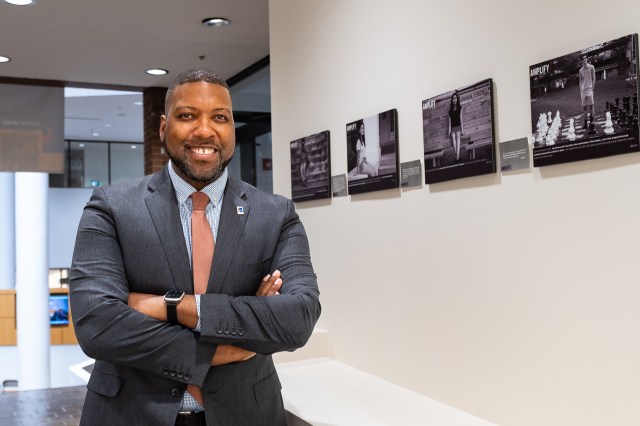
William Allen, a Johnson County resident with over 20 years in law enforcement; Monique Edwards, a member of the Wake County Board of Equalization and Review; Stacie McGinn, who is campaigning for the District 42 Senate seat; and Mishell Williams, who is running for a spot on her local school board, have one thing in common — they are North Carolinians, and they are committed to public service. But the similarities stop there.
Most likely, none of their paths have ever intersected before, at least not in a meaningful way. But all of them, like Galey and Williams, are a part of the most recent class of IOPL fellows.
For three months, 15-20 participants gain political insight and develop leadership skills. They are confronted with North Carolinians from the opposite end of the state with different life experiences and 40-year age gaps.
Tiffany Jones, a supply chain sustainability manager, is ready to challenge anyone who voices an opinion — and will share her own thoughts, which are rarely predictable. In contrast, Chad Martin, an environmental justice policy strategist, can and will quote Thoreau or Shakespeare to provide some political insight.
These disparate forces are intentional, according to IOPL Executive Director Brad Young, to creating a coalition of leaders grounded in honest conversation with the skills to continue those relationships to propel North Carolinians to a better future.
“[The program] allows you to be educated in areas that you may have been really weak,” Edwards said. “Sometimes the only perspective that we have is our lived experience.”
Edwards said bringing together people with various levels of expertise fosters a better group dynamic that helps everyone grow. “Sometimes you recognize that you may have learned something incorrectly, and this is an opportunity for you to shift that perspective,” she said.
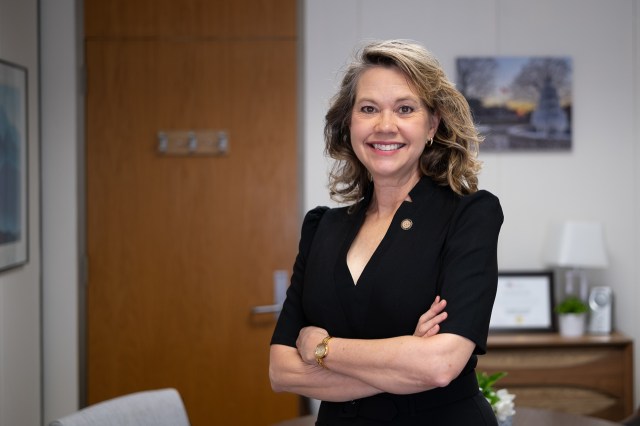
IOPL participants learn how to balance a budget (if the fictional state of East Virginia existed, they would have an immaculate budget) and talk to the media, all while engaging in dialogue in an environment cultivated for authenticity and openness.
In an era of 24/7 news cycles where information absorption is more valued than information articulation, Young says IOPL training exercises and lecturers are designed to evoke strong opinions while maintaining a civility that is harder and harder to capture. “There are people that are going to steer policy that are going to do the work of government and public service that will never appear on the ballot,” he said. “This program is equally for them.”
This spring, the fellows visited Rufus Edmisten, former North Carolina secretary of state and Democratic nominee for governor in ’84, in his office that also serves as a museum. The fellows looked at Edmisten’s old campaign literature, picking up on themes that have fundamentally changed but remain relevant and pressing today.
Galey recalled that “breaking the ice” of seeing yourself on TV in the Spectrum news station on a tour or hearing yourself on the radio was a great learning tool for a novice elected official. Rep. Maria Cervania, a spring 2018 IOPL graduate, said a visit to NC Spin where she debated judicial campaigning with James Estes and Winn Decker was particularly enlightening.
“[IOPL] was one of the best experiences of my life,” Cervania said. “It’s most definitely prepared me to be the best legislator I can be, especially in these interesting times.”
Cervania said time with another fellow, Trace Larabee, helped her weakness — fundraising. “He found that right space to encourage me,” Cervania said. “It’s about growing and helping each other.”
Practical training is one thing, but the secret sauce is the curated and diversely assembled group.
“This odd mismatch of people across the state,” Salisbury native Tarik Woods, the spring class speaker, said during the May graduation ceremony. “It would be so odd to see us all in the same room, yet there is something that works.”
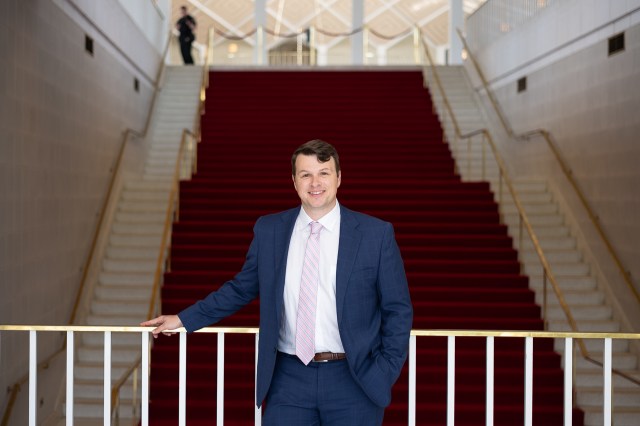
Williams, the Durham mayor, said he was experiencing a crisis right then and there as he was delivering his keynote address to the May graduating class — a contractual mixup was threatening to ruin an arts festival that morning.
“You must be a constant,” Williams said to the audience. “Even in the midst of crisis, you have to keep your cool.”
Seven years ago, prior to his IOPL journey, Williams told the crowd he couldn’t stand Republicans. He said now he hates both Republicans and Democrats, drawing one of the bigger laughs of the morning. Williams described himself as blinded by his opinions, thinking only his way mattered.
Through IOPL, Williams said, he could feel himself changing, becoming less myopic to the hardcore Democrat he characterized himself as, someone who maintained his strong convictions but could sit down and reach an agreement with someone of a different persuasion.
“I think this organization is a solution to all of the chaotic divisiveness that we are dealing with on our daily basis,” Williams said, telling the graduating fellows they are necessary because they are wild enough to think they can make a difference in the world.
It was an IOPL event at the John Locke Foundation where Williams listened to a lecture about education from former Republican legislator Art Pope, someone Williams was “trained to disagree with.”
“I forgot, as I was listening to him, who he was,” Williams said. “I was like, ‘Holy cow, I agree with this man.’ That opened a door for us to have a conversation, and I let my guard down and we were able to communicate. …. I wasn’t carrying the weight of divisiveness. I left there knowing that I could talk to anybody.”
Story: Matthew Sasser
Photography: Clifton Dowell
Pro.StateAffairs.com/nc
For questions or comments, or to pass along Insider Weekender ideas, please write to Matthew Sasser at [email protected] or Clifton Dowell at [email protected] or @StateAffairsNC
Know the most important news affecting North-carolina
Get our free weekly newsletter that covers government, policy and politics that impact your everyday life—in 5 minutes or less.
Is North Carolina equipped to handle an aging population?
Stephanie Sudano, a former civil engineer in the town of Holly Springs, wasn’t trained in the field of medicine or nursing. None of her three sisters were either. But they have all become 24/7, on-call medical caregivers. Stephanie’s father had a stroke two years ago. The aftermath saw repeated illnesses cropping up, forcing extended hospital …
Global ‘Rights of Nature’ movement touches down in NC
Two bills introducing a novel legal concept have landed with a thud in the House Rules Committee, but supporters believe the idea might someday provide a better foundation for environmental law in the United States. House Bills 795 and 923 fall within a larger international movement known as Rights of Nature and would essentially give the Haw and Dan …
Insider Afternoon Update for June 6, 2024
The conference report on the so-called “mask ban bill” sailed through the Senate without opposition Thursday, but only because every Democrat was absent from the chamber when the vote took place. The conference report adds an exemption for people who need to wear masks for medical reasons, but also makes a change to campaign financing law that …
AKC visits NC legislature with dogs, treats
When it comes to lobbying, likability never hurts, so some groups have a natural advantage. “I don’t think I have ever met an anti-dog legislator,” said Sheila Goffe, vice president, government relations, at the American Kennel Club. The group was set up on Halifax Mall Wednesday with baskets of treats — both canine and human — …
